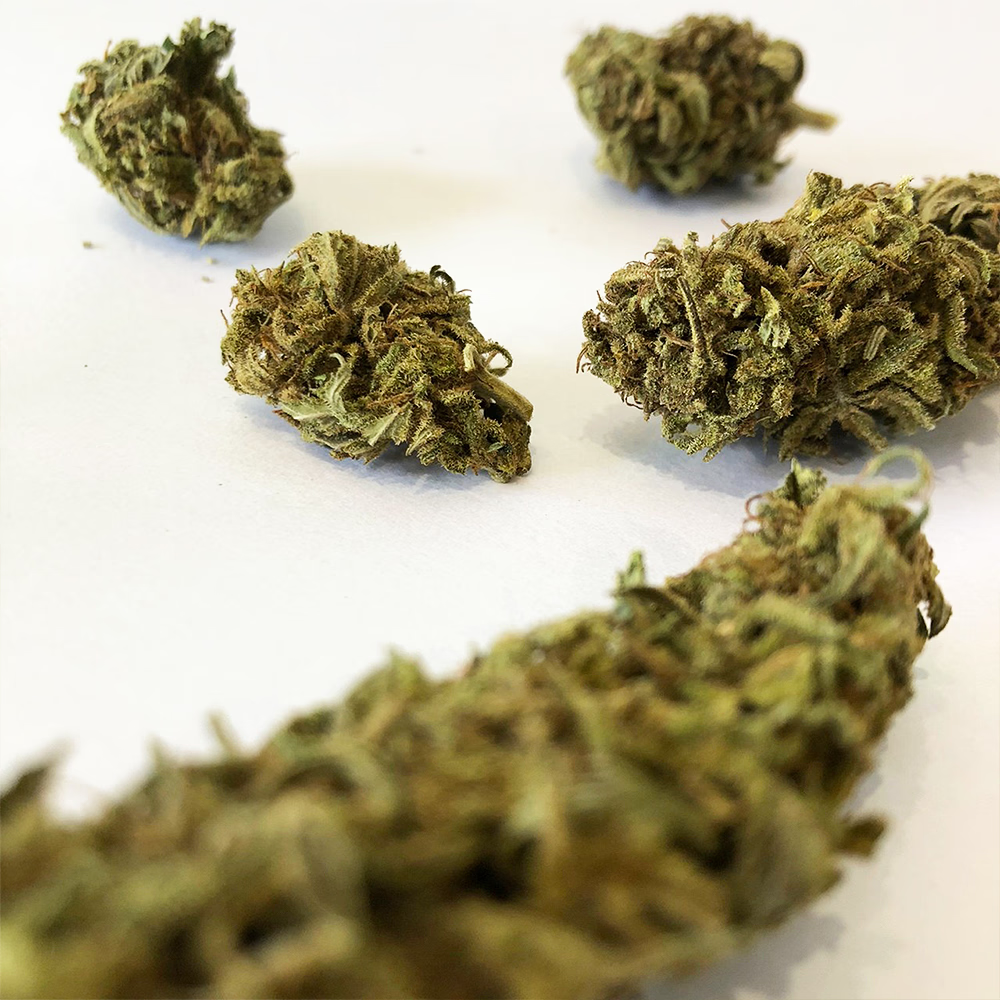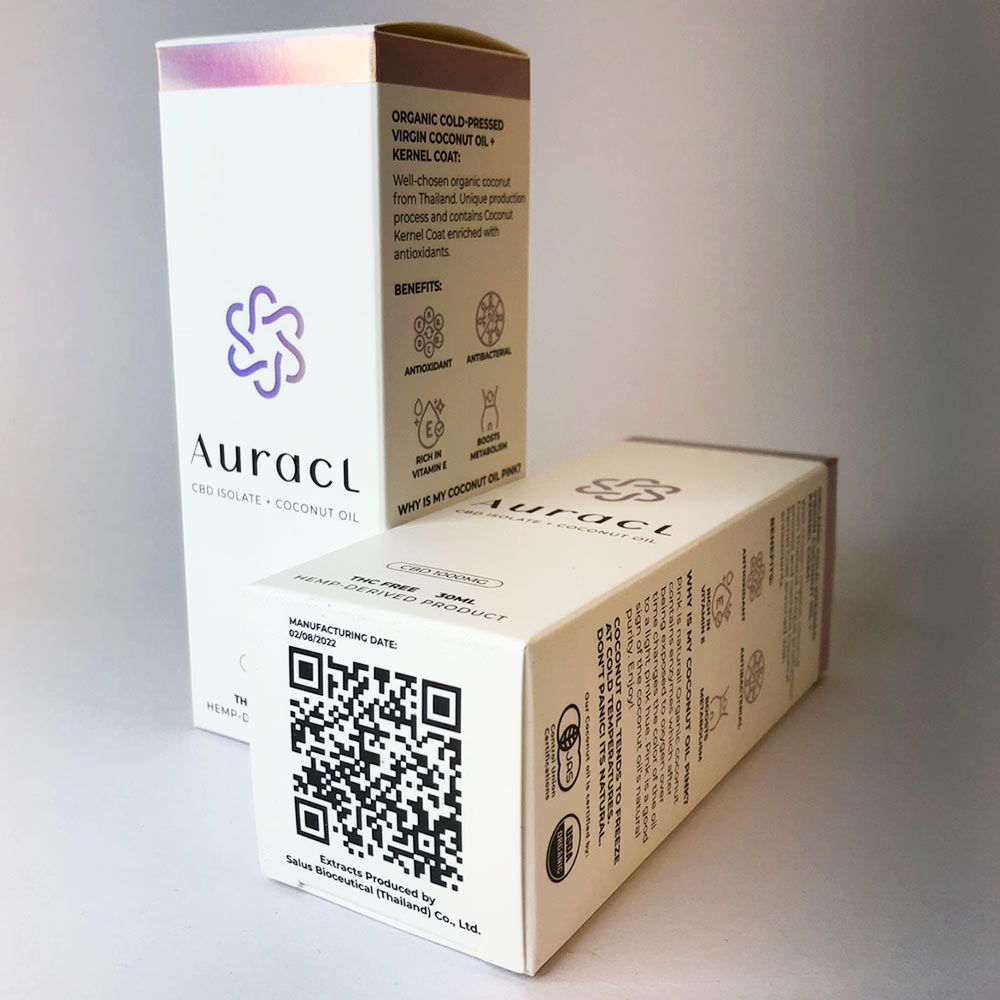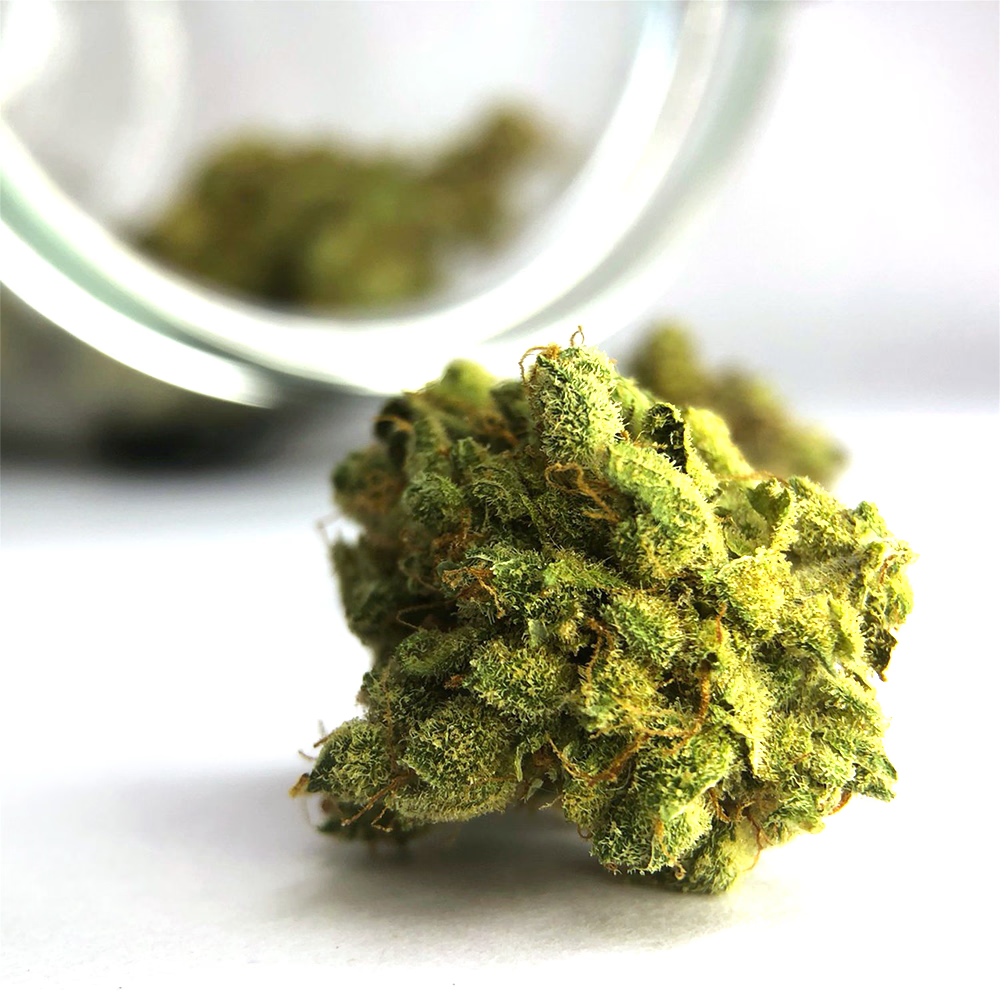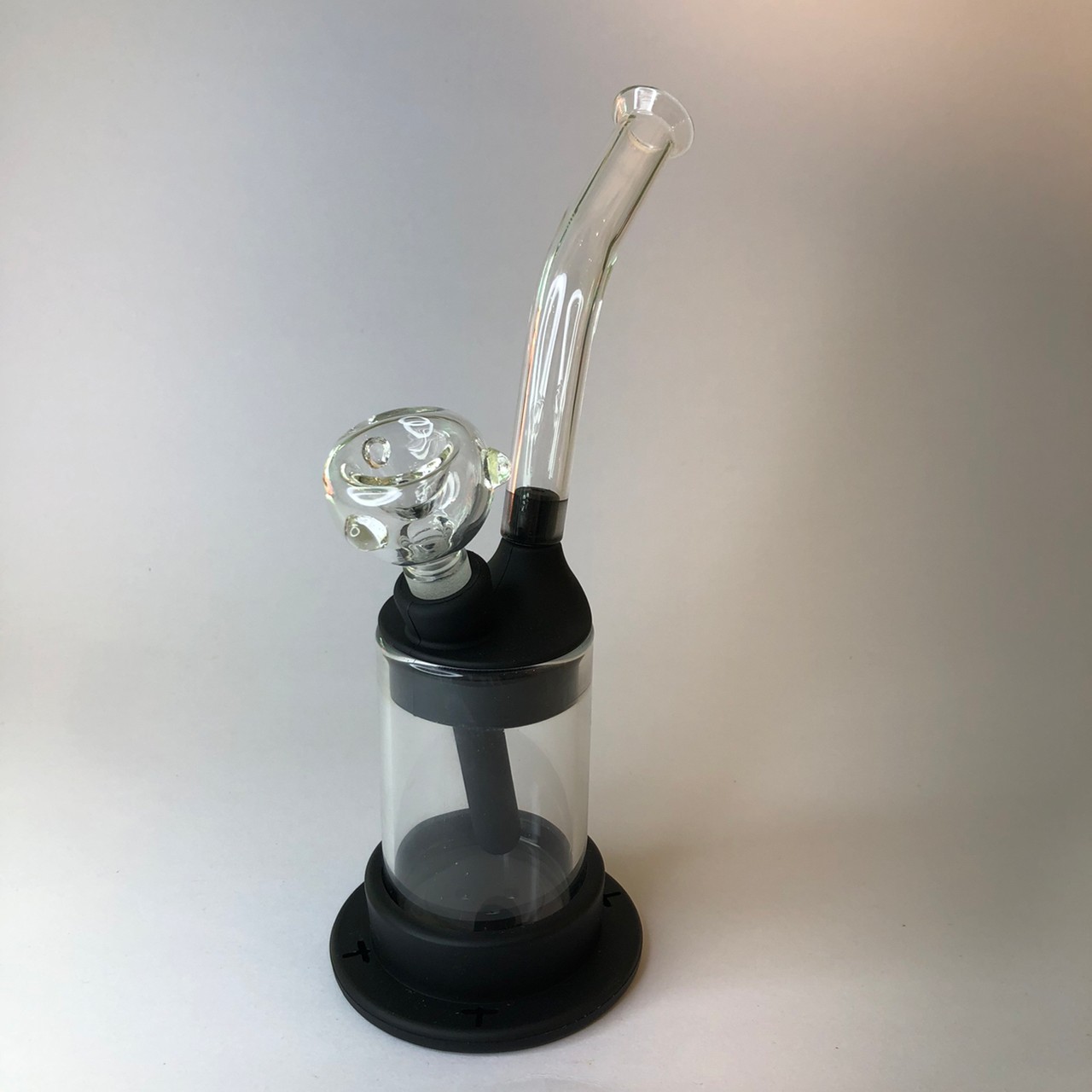Cannabis leaves are used as an asthma treatment.
How to Use Cannabis Leaves as an Alternative Asthma Treatment
Examining the Benefits and Drawbacks of Cannabis Use for Asthma Symptoms
Using Cannabis Leaves to Alleviate Asthma Symptoms
Asthma is only one of the many conditions that can be treated with cannabis leaves, which have been used as traditional medicine for generations. The herb has a long history of successfully treating the symptoms of this chronic respiratory illness. There is now further proof from recent trials that they could lessen the intensity and frequency of asthma attacks in some people.
Millions of people worldwide have asthma, a dangerous medical illness that makes breathing difficult and frequently necessitates hospitalization or even results in death if ignored. There are many conventional treatments available. However, they can have unfavorable side effects and are ineffective.
For people who experience severe episodes or have discovered that their present regimen is no longer adequate for them, it is crucial to look into alternative treatments such as cannabis leaves.
Treating Asthma with Cannabis Leaves Cannabinoids are the active components in cannabis leaves that give them therapeutic effects. These compounds interact with specific receptors in the body's endocannabinoid system (ECS), which aids in controlling severalernal processes, including reduction and inflammation.
Studies on animals have demonstrated that these substances can lessen lung inflammation when interacting with ECS receptors, which results in enhanced lung function and an overall decrease in asthma attacks.
Additionally, evidence indicates that cannabis use may help lower anxiety levels, which can worsen asthmatic symptoms because stress causes bronchoconstriction (narrowing airways). Although no clinical data supports this theory, it may be advantageous when used with other treatments like inhalers or anti-inflammatory drugs.
Using dried cannabis leaves as an asthma treatment has the potential to be therapeutic. Still, it also has practical advantages over other medications like inhalers or pills because it doesn't need any special equipment or needs to be taken at specific times throughout the day as other treatments might. This makes them perfect for people who cannot or do not want to utilize conventional drugs for reasons of convenience or cost.
It is undeniable that cannabis leaves have promising potential benefits for those with asthma who seek alternatives to the conventional treatments currently on the market, even though marijuana use is still illegal in many nations around the world. More research is required before conclusions about its effectiveness against the disease can be drawn.
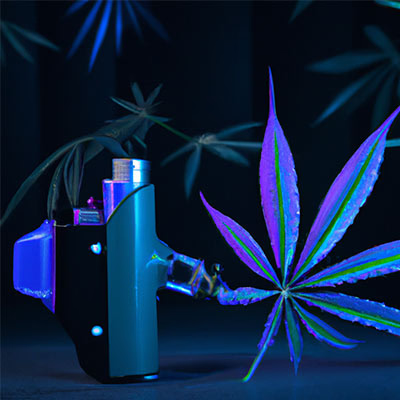
How to Use Cannabis Leaves as an Alternative Asthma Treatment
A chronic lung disease that affects millions of individuals worldwide is asthma. Unfortunately, traditional asthma medicines can be expensive and occasionally have unfavorable side effects.
Cannabis leaves might be an excellent alternative therapy choice for those needing some alleviation. We'll look at using cannabis leaves as an alternate asthma treatment in this article.
Examine the Cannabis Leaf's Possible Benefits: Before attempting any new asthma remedy, it's critical to comprehend the cannabis leaf's potential advantages. Cannabis leaves have been found to contain anti-inflammatory and bronchodilator chemicals, which may help asthmatics breathe more accessible and reduce airway irritation.
Additionally, it has been demonstrated that cannabidiol (CBD), one of the compounds included in cannabis leaves, has anti-spasmodic characteristics, which may lessen chest tightness and other symptoms related to asthma attacks.
Speak with Your Doctor: To be sure that taking cannabis leaves as an alternative therapy for your asthma is safe, speak with your doctor first. Your doctor may advise against using cannabis to treat your symptoms or suggest an alternative prescription entirely, depending on your unique circumstances and medical history.
Obtain Cannabis Leaves Legally: Before conducting further research on yourself or others who experience similar respiratory conditions, you should ensure you have legal access to cannabis leaves after consulting with your doctor about using them as an alternative treatment for your asthma symptoms.
There are dispensaries where you can buy high-quality dried flower buds containing CBD and other cannabinoids like THC that may help lower respiratory inflammation related to asthmatic diseases in many areas where marijuana is allowed for medical or recreational use. To avoid problems, you should always verify your local laws before buying medical marijuana products.
Select the Right Delivery Methods: Once you have access to natural cannabis flowers or extracts containing therapeutic CBD compounds, such as oils or tinctures, it's essential to experiment with various delivery methods to determine which is most effective at reducing asthmatic symptoms without causing unfavorable side effects like anxiety or paranoia.
The most popular method for people seeking immediate relief from respiratory problems is probably smoking dry flower buds; however, vaporizing them at lower temperatures can give you greater control over the dosage and reduce any potential risks from burning plant material. Oral use of edibles laced with CBD oil will take longer, resulting in more excellent long-lasting effects throughout the day.
When dealing with something potentially serious, like treating chronic respiratory problems like asthma, it is strongly advised to visit a healthcare expert before beginning any self-treatment routine. While strictly heeding their recommendations will guarantee that the proper steps are followed to relieve symptoms, tracking the results of adjustments to one's lifestyle should also be done frequently.
By carefully following these instructions, those with severe cases of asthma may find much-needed relief from their condition by incorporating inexpensive herbal remedies made from cannabinoid-rich plants into their daily routine as opposed to solely depending on expensive pharmaceutical drugs prescribed by doctors without being aware that there are effective natural alternatives available for treating this condition while maintaining a high quality of life.
Examining the Benefits and Drawbacks of Cannabis Use for Asthma Symptoms
Asthma is a disorder that affects the lungs' airways, causing them to narrow and impair breathing. Coughing, wheezing, chest pain, and shortness of breath might result.
Although there is no known treatment for asthma, many people find that lifestyle modifications and drugs help to reduce their symptoms. Cannabis has recently been investigated as an alternate method of treating asthma symptoms.
We will look at the advantages and disadvantages of taking cannabis for asthma symptoms in this post.
Cannabis Has Health Benefits For Asthma Symptoms:
Lessened Inflammation - Cannabis includes cannabinoids, anti-inflammatory substances that may assist patients with asthma in lessening inflammation in their airways. Chest constriction and other signs of asthma-related lung inflammation may be relieved by doing this.
Stress Reduction - Since anxiety exacerbates asthma symptoms, cannabis use can help reduce stress levels, which can help reduce the intensity or frequency of attacks brought on by worry or stress-related triggers like exercise-induced bronchospasm (EIB).
Increased Lung Capacity - According to some studies, cannabis use may increase lung capacity and pulmonary function in asthmatics compared to non-users because it can relax the muscles in the respiratory tract, which may help open up the airways and ease breathing during an attack.
Pain Management - Cannabis contains analgesic characteristics that may help with pain from coughing due to an attack and general pain from chronic ailments like arthritis or fibromyalgia, which frequently coincide with chronic illnesses like asthma.
The following are some drawbacks of using cannabis for symptoms of asthma:
Psychoactive Effects - The main ingredient in marijuana, THC, has psychoactive effects, including altered moods, impaired judgment, and slowed reflexes, which some users may not want while attempting to manage their condition daily.
Potential Drug Interactions - Care should be exercised when contemplating combining these two medicines because certain asthma medications, such as beta-agonists like albuterol, may interact with THC, increasing side effects or decreasing the effectiveness of both drugs.
Respiratory Problems - Even though cannabis may temporarily alleviate some short-term respiratory problems brought on by an attack, repeated use could cause long-term damage if deeply inhaled, resulting in bronchitis or other respiratory infections and increased mucus production, which could bring on congestion issues once more.
